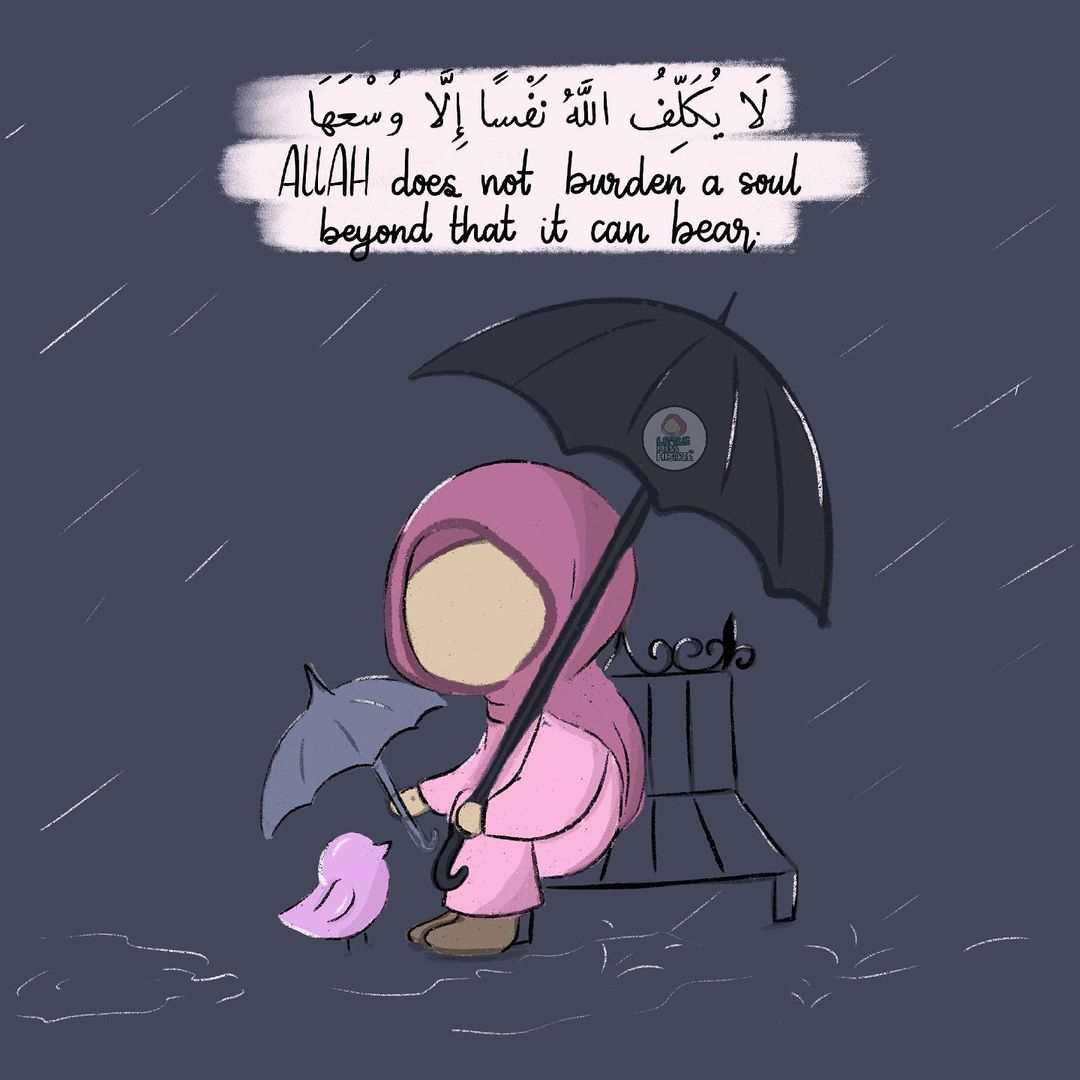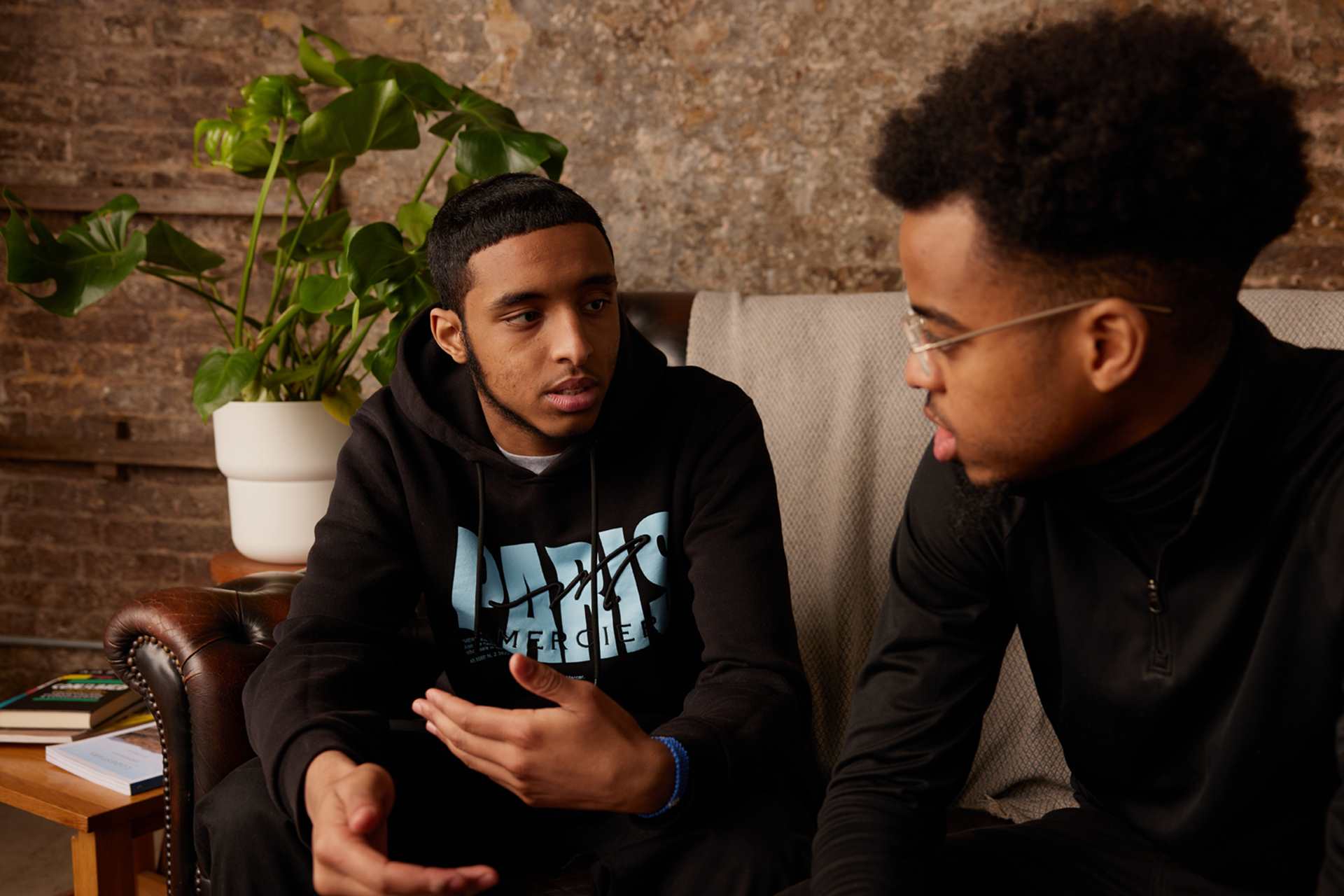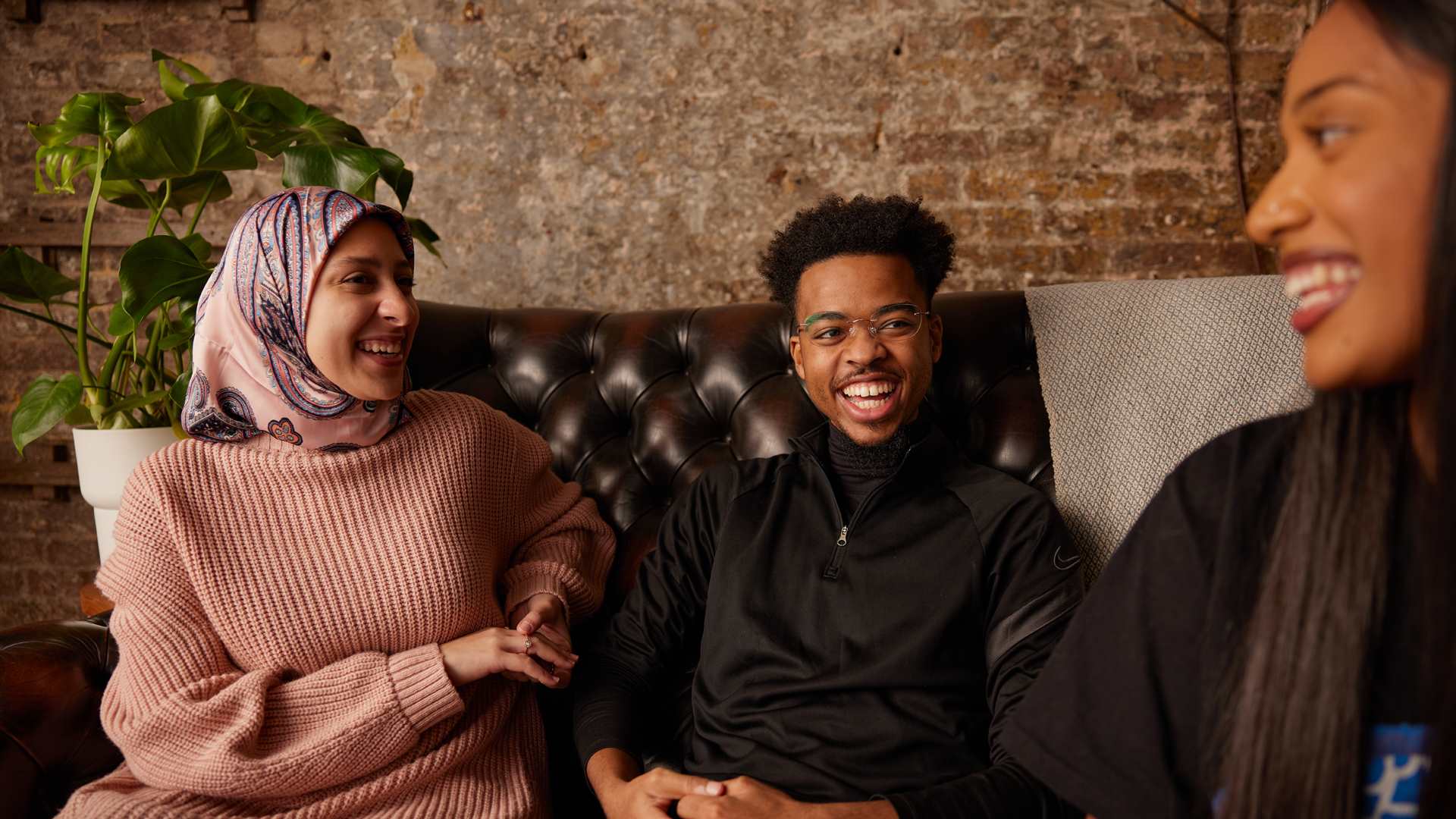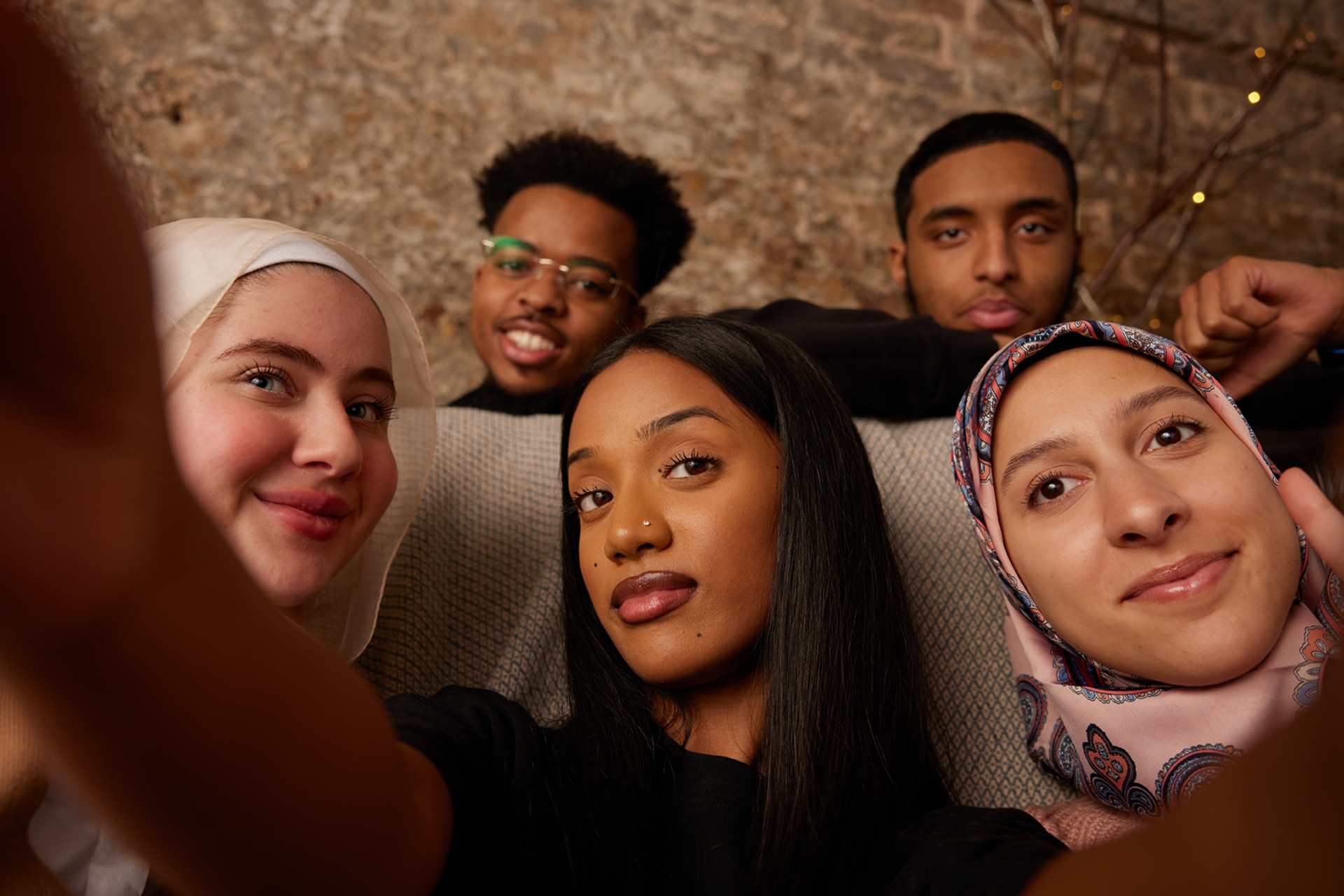People struggle with the idea of self-care for many different reasons, and sometimes this can be connected to our personal values.
If you’re a young Muslim, or from a Muslim background, you might feel very proud of having strong values like charity, selflessness, sacrifice, maintaining family ties and honouring your parents/guardians. Having a belief in life after death and accountability before God might also play a big role in the decisions you make and what you choose to prioritise in life. This can feel very positive and give you a clear sense of purpose and how to live your best life. But it can also make putting yourself first, or focusing on your own happiness, wants and passions, feel ‘selfish’ or ‘unimportant’.
You might tend to dismiss your own needs because there are ‘bigger’, ‘more important’ things to worry about. You might experience feelings like guilt, shame, anger or sadness if the things that make you feel good conflict with the responsibilities you feel towards yourself or what people you care about want and expect from you. If you can relate to this, you are not alone.

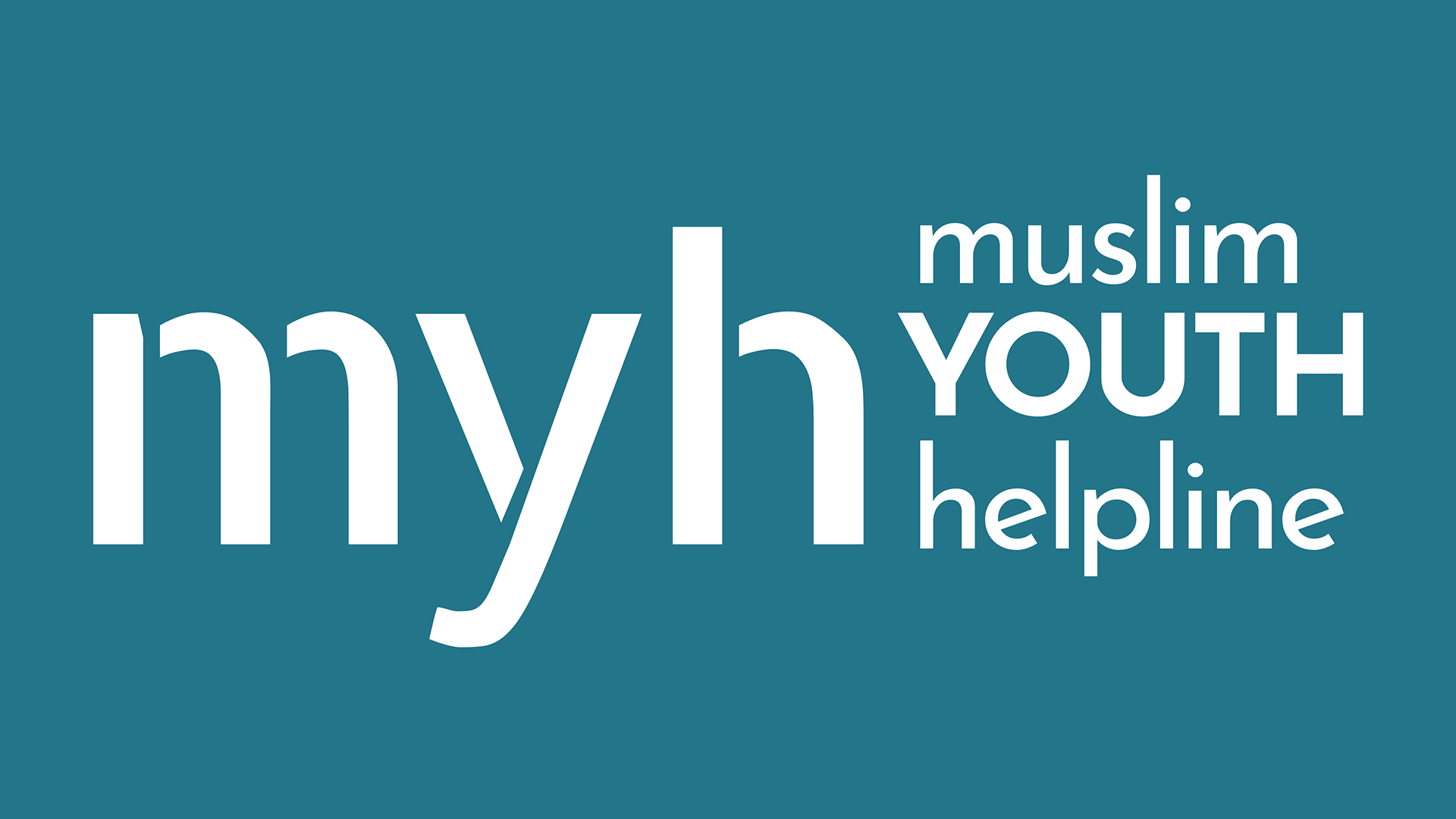

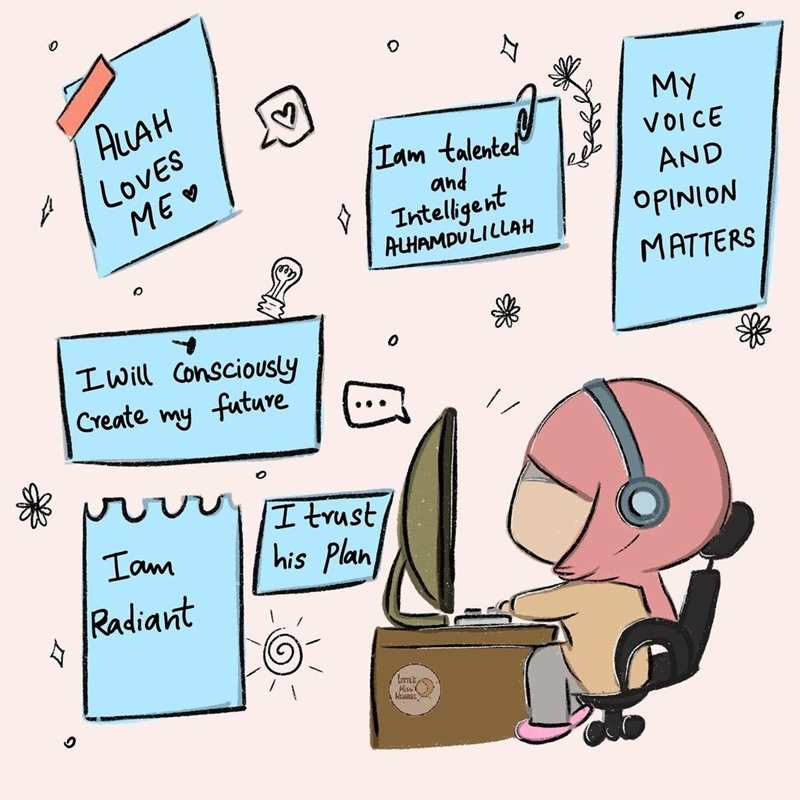
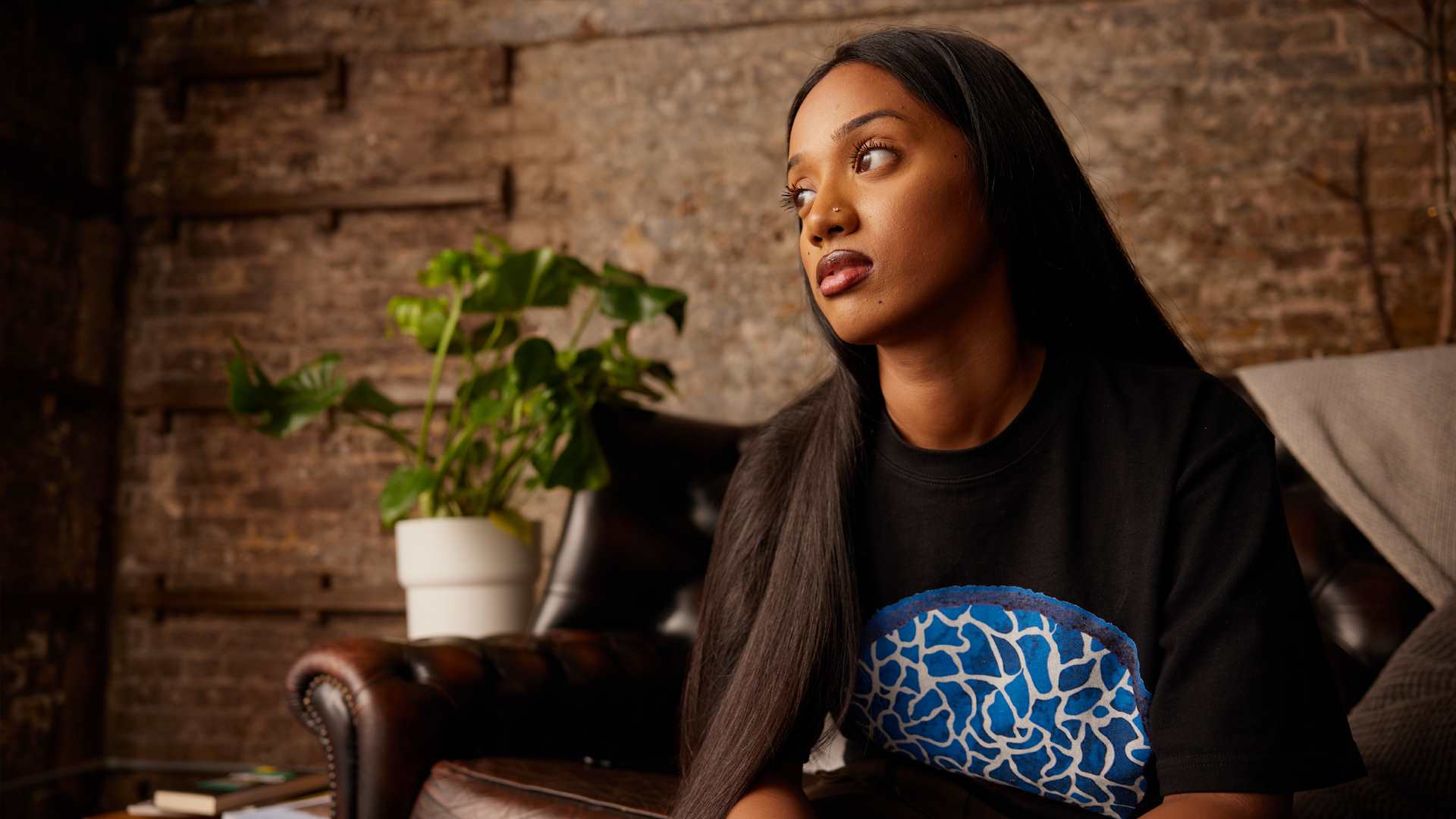
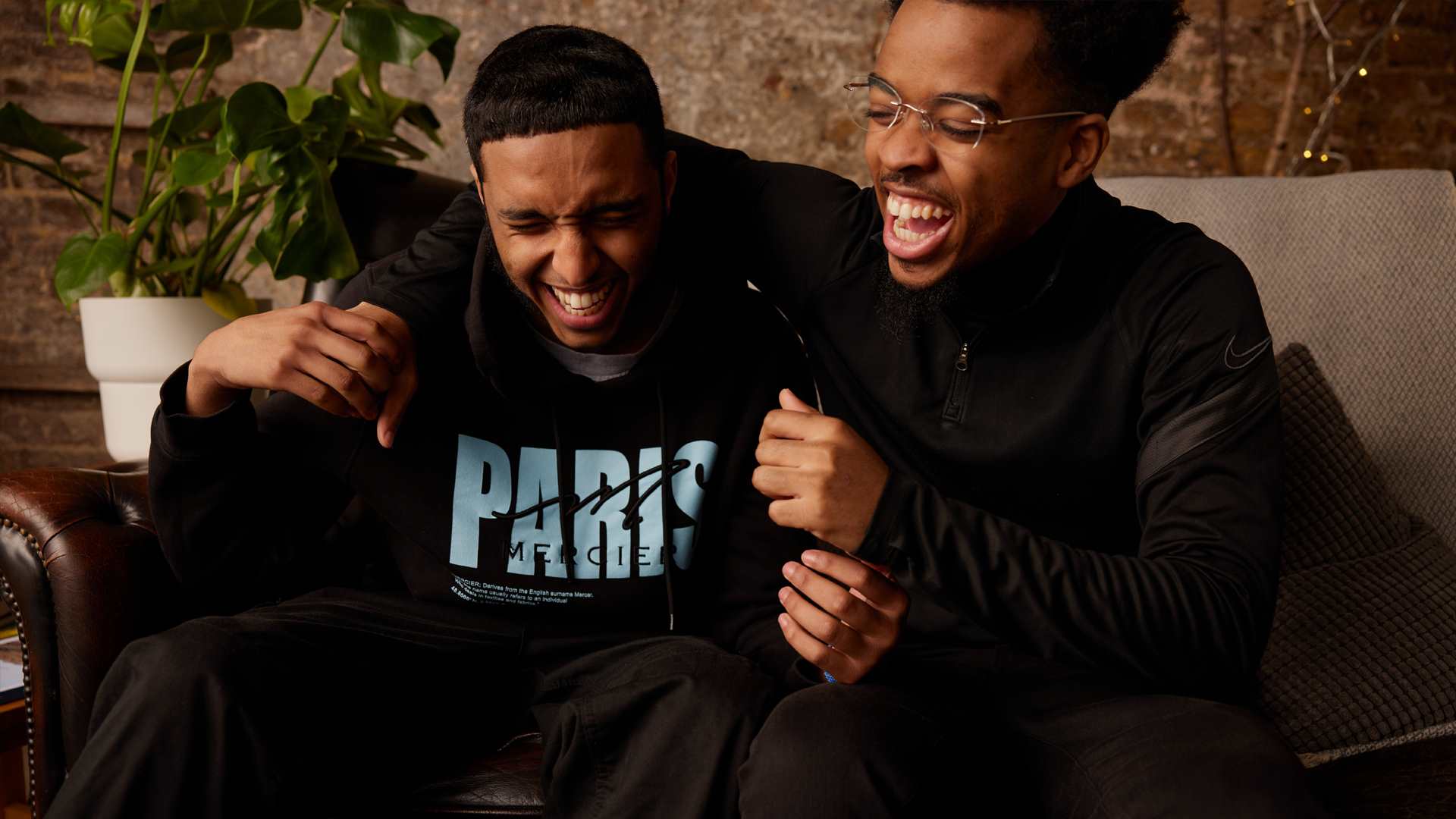
![Illustration (by @littlemisshijabee on Instagram) of a female wearing a headscarf driving uphill in a bright blue car with flowers in the back of her truck. There is text that reads: If you are grateful, I will surely increase you [in favour] - Qur'an 14:7.](/media/rx4pknej/littlemisshijabee2.jpg?anchor=center&mode=crop&width=1920&height=1280&rnd=133198153386330000&quality=55)



